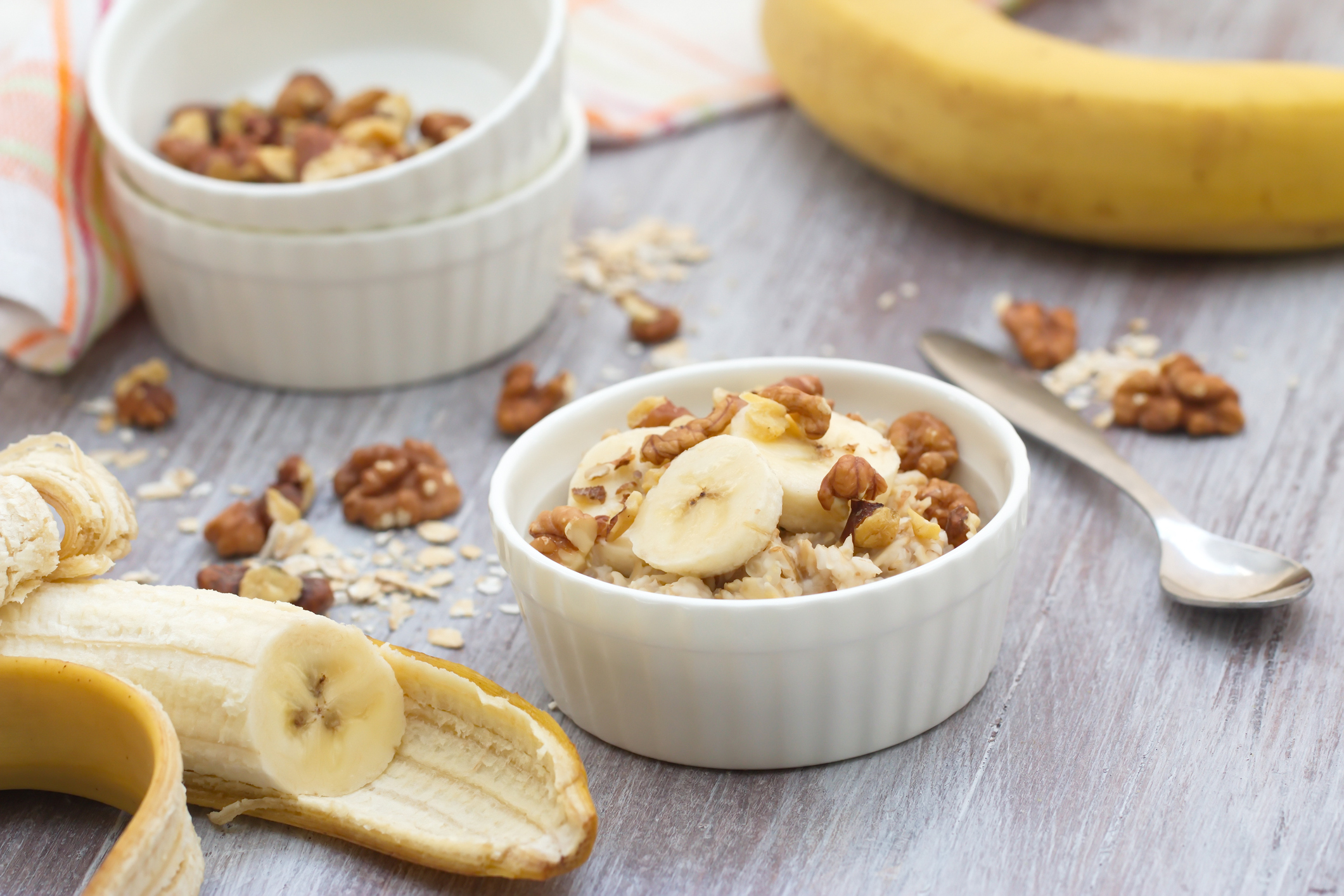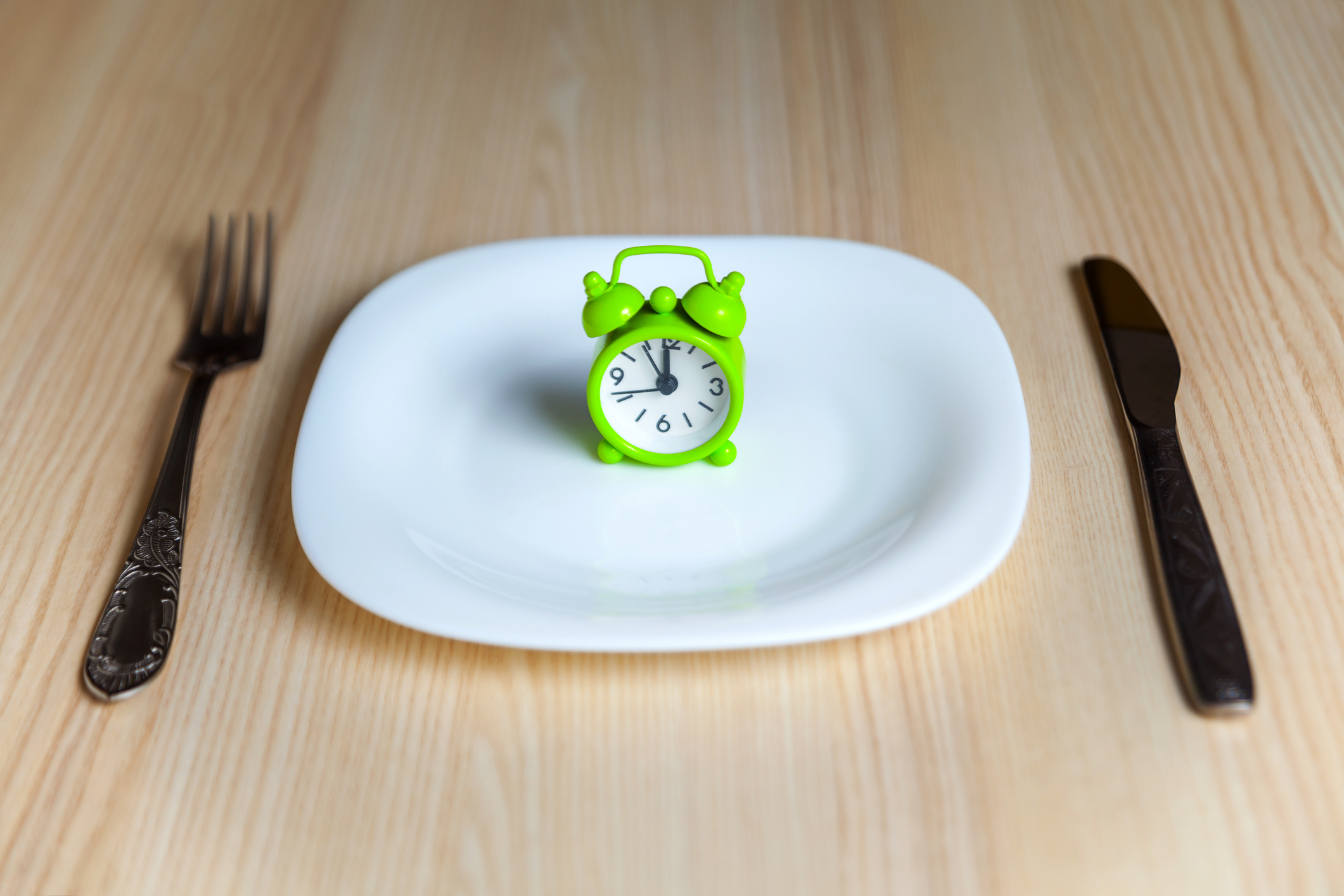Meal timing is a complicated topic for many people.
How many meals per day should I eat?
If I snack before bed will I wake up 5 pounds heavier?
Should I fast for long periods between meals?
These are the questions that likely spin around in your brain as you work to figure out your meal timing based on our dietary and fitness goals. If you read about meal timing and frequency on a regular basis, you’re probably aware of the various opinions regarding this topic.
It can become totally confusing and overwhelming if you don’t work with a professional to counsel you through the countless arguments about when to eat and how often.
In this article, I hope to answer your questions, squash some lingering myths, and help you continue on the path to superior health.
How Many Meals Should You Eat In A Day?
Three Meals a Day Is Ideal Most people do best when they eat three meals a day. Eating three meals a day is optimal from a digestive perspective. It allows three to five hours between meals, which gives your body enough fasted time for your migrating motor complex to work properly.
What is a Migrating Motor Complex? Your migrating motor complex is essentially a cleaning mechanism for your digestive system. It moves undigested food, particles, and bacteria through your GI tract. The migrating motor complex has a peristaltic movement, which sends motion, similar to waves, through your digestive system.
When you hear your stomach grumbling, it’s actually your migrating motor complex working. It is essential to have some fasted time between meals for this process to work. Having a healthy digestive system is important, and everyone benefits from a properly motile GI tract.
Factors That Make It Better To Eat More Than Three Meals Per Day
Some health conditions and other factors alter that amount of meals you may need in a day. It is important to understand the underlying reasons that more meals may be necessary to achieve optimal health.
Learn more about my no judgment philosophy to feeling healthy and more energized!
1. Low Blood Sugar People who deal with low blood sugar often feel better when they eat more often. Additional meals may help their blood sugar remain stable. Some individuals with low blood sugar issues need to eat 4-6 times per day to feel their best. They don’t need to eat a full meal. Consuming well-balanced snacks between larger meals in suitable.
With that said, even people with low blood sugar should eat the least amount of times possible while keeping their blood sugar stable. You still want to allow some fasting time each day without your blood sugar crashing. Remember: Fasting time allows for the migrating motor complex to do its job.
Are You Eating Enough Calories? Before you decide to add in more meals during the day, go over your calorie intake to assess what you are eating.
Are you eating enough calories per meal to meet your overall caloric requirements for the day?
If the answer is no, implementing additional calories is necessary. Many times people don’t eat enough at breakfast and can’t make it to lunch before the symptoms of low blood sugar arise. Before adding in additional meals, try increasing your calorie intake at individual meals and see how you feel. If you feel better by doing this, you may be able to remain at three meals a day.
If your calorie intake is at healthy levels and you are still having the symptoms of low blood sugar and hunger, you need to listen to your body. Add in some additional well-balanced, high protein snacks making sure to keep your caloric intake in a healthy range for the day.
Again, you want to allow your migrating motor complex to work the best it can. Feeling great with the least amount of meals possible is the key to healthy digestion.
2. Undereaters if you are a person who has a hard time getting all of your calories consumed between three meals, you might need to eat more often. If this is the case, your digestive capacity may be low and making it uncomfortable to eat three meals. Forcing additional calories too quickly would feel like too much to most undereaters. It is better to eat more frequent meals and work towards three meals per day slowly.
3. Trying To Gain Weight If you are a person who is trying to gain weight, eating more than three meals is beneficial. Eating higher calorie foods and adding in larger snacks with healthy protein, fats, and carbs will help you reach your goals quicker.
4. Athletes Many athletes need a lot of calories to supply their energy needs, and it can be hard to get all those calories consumed in just three meals. Athletes sometimes need an additional 1,000 calories per day and they need to take special care to get all the nutrients they need for energy.
Why Eating Too Frequently Is Not A Good Idea
If you are not an athlete and do not have a particular health condition, sticking to three meals a day is smart. There are many myths out there about eating more meals, or “grazing”, being better for health and weight loss. These are just that, myths.
In reality, eating too frequently can be stressful. Many people report that eating many meals per day makes them feel like they are always eating.

Factors That Make It Better To Eat Less Than Three Meals A Day
1. Fasting For Health Reasons People with gut issues might want more time for the migrating motor complex to perform its job. Others may choose to eat fewer meals per day due to health reasons such as SIBO. SIBO is the acronym for “small intestinal bacterial overgrowth,” defined as excessive bacteria in the small intestine.
Those with SIBO are likely to get SIBO infections over and over and over again without dietary adjustments. Patients with SIBO are said to have possible nerve damage to their migrating motor complex, causing it to malfunction. SIBO patients may also have some structural gut issues that cause them to get infections more often.
For SIBO patients, sometimes leaving more fasted time between meals than an average person can be highly beneficial.
2. Losing Weight If you are trying to lose a significant amount of weight, sometimes it is advised to eat twice in a certain timeframe. This is a meal timing strategy called “intermittent fasting”. It’s worth speaking to a professional when choosing this option, and consuming the proper amount of calories over the two meals is crucial.
Would you like to save this post?
Your email address is 100% safe and will never be sent spam.
Intermittent Fasting: To Fast Or Not To Fast?
Intermittent fasting means that you consume your calories during a particular window of the day, and choose not to eat food for a larger window of time.
Intermittent fasting doesn’t need to be all or nothing. You don’t need to fast every single day to see results. A few times per week, or even once a week is fine. Fasting on a low activity day where you don’t plan on doing a high-intensity workout can be a healthy addition to your routine.
There is a myth going around that working out after fasting is better for weight loss. This is simply not true.
The total amount of calories you take in during the entire day is more important than fasting before high intensity workouts. You won’t perform as well if fasted, as you need glucose as fuel for optimal performance.
One exception: If you are going for low intensity workouts like long walks or slow jogs (about 30-40 minutes), you don’t need to worry so much about eating a complete meal before your workout. Your storage of fatty acids is an adequate fuel type for these kinds of exercises.
To learn more about intermittent fasting, listen to The Ancestral RDs Episode 93: The Ins And Outs Of Intermittent Fasting.
Should I Eat When I’m Hungry Or Follow An Eating Schedule?
Listening to hunger signals is always the preference when thinking about meal timing. We have them for a reason, and it’s the most intuitive way of eating. However, sometimes a schedule is important. This is especially true if you work or have a family and routine is crucial for getting adequate food in during the day.
When to Follow An Eating Schedule
1. Low Blood Sugar For those with blood sugar issues, eating schedules can be beneficial. A schedule can prevent a blood sugar and prevent crashes. When people experience a blood sugar crash, they will often eat anything, and end up overeating on high-calorie foods. If you know you have blood sugar issues, sticking to a schedule is helpful.
2. Trouble Getting Enough Calories People who have trouble getting enough calories per meal often don’t have the best hunger signals. For under eaters, it’s sometimes necessary to eat when they not super hungry. An eating schedule will help them achieve their goals easier.
3. Forgetting Meals If stress negatively impacts your appetite, a meal timing schedule can work well. If you’re a very busy person, you might forget to eat meals, which can lead to symptoms such as poor concentration, feeling cold, headaches, and brain fog. A schedule will create more precise meal timing that prevents oversight.
When you’re very busy and often forget to eat meals, this can also affect the quality of your workouts, so adhering to an eating schedule, at least during the workweek, can have overall benefits.
4. Overeating Due To Stress If you tend to overeat during stressful periods, scheduling meals makes sense. This will help to give you structure and routine which helps prevent overeating.
Meal Timing Around Workouts
Pre Workout Meal Planning
It is important to adjust meal timing around workouts. If you workout at noon each day, you want to eat lunch at least an hour beforehand so you are not digesting a ton of food during your workout. You want to allow enough time to digest and convert your food into fuel in the bloodstream.
Many people don’t like to eat a big breakfast in the morning before a workout. This is fine if you have a low intensity workout planned, but not advisable for high-intensity workouts. If your workout requires fuel for better performance, it is very important to eat a balanced meal (or at least a snack) at least one hour before your workout.
You will not reach your goals as quickly if you don’t eat properly before workouts. At the very least, have a carb and protein containing beverage during your workout or eat a large meal the night before if you are planning a high-intensity workout such as powerlifting and Crossfit and don’t like eating beforehand. You may not see quite as much strength gain by doing this, but it’s better than nothing.
The truth is that if you push your body too hard without food, you can raise stress hormone levels and negatively impact sex hormones, which can ultimately hurt your fitness progress.
Post Workout Meal Planning
Post workout meal planning is as important as pre workout meal planning. You don’t necessarily need to eat a full meal after a workout, but it is recommended to have high protein meal or snack within two hours of high-intensity training. You don’t need to rush a meal right after your workout, but you don’t wait hours either.
So, if you workout at 5 pm, waiting to eat dinner at 8 pm is far too late. Also, never skip a post workout meal. It is not true that not eating after a workout burns more fat. It may actually cause problematic hormonal side effects that negatively impact your body composition.
Skipping meals post workout can also lead to increased soreness. When you don’t eat within two hours, you are not getting the maximum amount of amino acids and glucose delivered to your muscles, which is crucial for optimal growth and recovery. If you aren’t gaining muscle, look at your meal schedule and make sure you are eating within these guidelines after your workout.
Overall, how good you feel during and after workouts is directly related to your meal timing and eating schedule around workouts.

Should I Be Eating A Bedtime Snack?
People don’t want to eat before bed as they have learned that eating late is very, very bad. This is a total myth. If you cannot get enough meals and calories in before bed, it’s fine, and will NOT make you gain fat. Most weight gain is a result of calorie imbalance, and there are instances where eating before bed is actually a very good idea.
1. People With Sleep Trouble Incorporating a bedtime snack can be very beneficial for some people. Bedtime snacks are particularly useful for individuals who have trouble sleeping or wake up after a few hours of sleep. A bedtime snack keeps your blood sugar steady overnight. Eating a small, well-balanced snack 30-60 min before bed will help you sleep much better. Examples would be snacks that have carbs with a fat or a protein such as:
- One banana with 1-2 TBS nut butter
- A cup of frozen berries with coconut milk
- Half a sweet potato with butter
- One RX bar
2. Workout Days On workout days, people may feel hungry before bed. Rather than going hungry, a small snack is a good idea, as it will help you sleep. Keep in mind that sleep is critical for recovery from workouts. Not sleeping well means you won’t make as much progress from your workouts!
The key to proper meal timing, planning, and frequency is to understand the signals your body sends you and respect them. A fast here and there isn’t a problem for most people, and neither is a healthy bedtime snack!
If you have underlying health or lifestyle issues that are causing you to feel lethargic or hungry between meals, consider eating more frequently while watching your total caloric intake each day. If two meals per day are better for you, that’s fine too, but make sure you are getting the right amount of calories, vitamins, and nutrients needed to fuel your body.
If you found this article to be informative, please SHARE it with others interested in learning more about this topic, and leave your comments below.
This post may contain affiliate links. If you click on a link and make a purchase, I may receive a small commission.


+ show Comments
- Hide Comments
add a comment